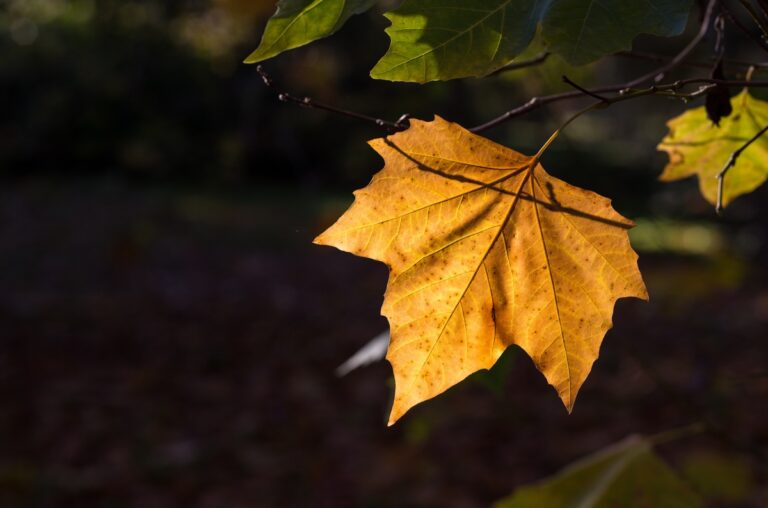Week 634: Moving Beyond “Us and Them”
During this political season, there are constant and vivid examples of how we humans have a tendency to create categories of “us” and “them”. It seems to be a natural response to difference of just about any kind and often emerges from an underlying fear or discomfort in the presence of people, ideas, behaviors, and species who are different from how we know ourselves and our world to be. I think of the tendency to see the world from a framework of “us” and “them” as a habit of mind, and one that is amenable to change.
Another habit of mind we seem to have developed is our ability to overlook how, in nature, collaboration is an underlying dynamic that makes everything work so incredibly well. When we look at an ecological system that is running smoothly—something that’s hard to find these days—we see interspecies cooperation and collaboration, as was demonstrated when the wolves were returned to Yellowstone and the entire landscape began to heal. When we become mired in “us” and “them” thinking, we seem to lose our natural ability to collaborate and, instead, drop into a stance of competition and adversity.
One of the subjects I don’t write about as often as I might is my underlying experience of oneness, of the fact that everything is connected, interdependent, and reliant on everything else. We know this from ecology. Life forms such as microbes, which we might initially consider to be too small to be important, turn out to be what actually allows life to be present on the planet. The person who delivers important packages and the person who delivers a child might have a belief system or lifestyle that we have never considered engaging and yet their services to us are essential to our ongoing well-being.
For this week’s experiment, I invite you to pay attention to the things that connect you to everything around you, rather than the things that are different from you. I think of Lovingkindness practices in Buddhism, where the assumption is that all beings share the desire to be free from suffering, without exception. That’s a basic similarity between you and every other living being. Play with how it would feel to remember this whenever you look at someone else, be that “someone” another human being, a bird, or a tree.
Traditions that teach about oneness say that one intelligence pervades all life forms, so the insect, dog, fish, or plant you encounter along the way is moved by the same intelligence that moves you. That doesn’t mean that the intelligence that expresses in you does so in the same way as in an insect, but the source is the same from the perspective of oneness. Within a context of oneness, in a fundamental sense, we are all brothers and sisters. Notice the quality of your internal journey through a day when you remember to bring this thought to mind as you move through your world.
As you play with this experiment, notice the range of responses you may have mentally, emotionally, and physically. So many of us have been taught to take an “us” and “them” attitude for granted that it can sometimes be uncomfortable to confront and challenge it. As you discover mixed feelings or other responses that may arise on the side of uncomfortable, also be sure to pay attention to any responses that may touch into a sense of comfort at being deeply connected to the life around you. We have relatives everywhere we look. Our culture hasn’t chosen to recognize them, but we can learn from indigenous peoples how to include all our brothers and sisters in our daily awareness.
As with all these experiments, remember to bring along curiosity as your constant companion. Also, listening to your judgments can be instructive, as you track when they take an “us” and “them” orientation. Of course, the important thing is to pat those judgments gently on the head and let them move right on by.



